Richard Street (October 5, 1942 – February 27, 2013) – Why Can't You And Me Get Together (1976)
This stellar 70s love anthem was the opening cut from the first Temptations LP that Street and the rest of the group co-wrote and produced themselves.
View most updated version of this post on Substack
Search our full archives
Richard Street replaced original Temptations singer Paul Williams in 1971, and spent the next two decades with the group. He sang on all their hits of the seventies and eighties, including the 1972 classic “Papa Was a Rollin' Stone.”
See our earlier posts on Temptations members Paul Williams, David Ruffin, Eddie Kendricks, Melvin “Blue” Franklin, and Damon Harris, plus producer Norman Whitfield for more on the group’s history.
Temptations, early 70s (clockwise L-R): Dennis Edwards, Melvin “Blue” Franklin, Richard Street, Otis Williams, Damon Harris.
Richard Allen Street was born and raised in Detroit. He was the first Temptation to actually be from the Motor City, since all the original members were born in Southern states. Along with future Tempts Otis Williams, Melvin “Blue” Franklin, and Elbridge “Al” Bryant, in the late 1950s Street sang in the vocal group Otis Williams & the Distants. During the sixties, Street worked for Motown’s Quality Control Department and also sang lead with The Monitors, a group that released two small hits on the label.
When Paul Williams began having serious health issues in the late sixties, Street was hired as a behind-the-scenes fill-in for him, traveling with the group and singing all Williams’ parts from backstage. Williams’ microphone was secretly turned off except during his signature leads on “Don't Look Back” and “For Once in My Life.” After Williams left the group for good in 1971, Street was officially brought on board as his replacement.
He was featured on lead vocals on several of their biggest songs over the next few years, starting with “Superstar (Remember How You Got Where You Are)” (1971), on which all the members traded leads.
Street also traded leads with Edwards, Harris, and Franklin on their #1 Billboard Hot 100 classic “Papa Was a Rollin' Stone,” co-written by Norman Whitfield and Barrett Strong, produced by Whitfield, and released in 1972. The following year, he traded leads with all the other members including Otis Williams on the epic inner city tale “Masterpiece” (1973), one of Whitfield’s last productions for the group before they parted ways with him.
For their 1976 album The Temptations Do The Temptations, Street co-wrote and co-produced several of the LP’s songs with other members of the group. It marked the most creative control they ever had on one of their albums, and Berry Gordy was not happy about it. The finished product received almost no promotional support, and although it hit #10 on the R&B album charts and #53 on the Billboard 200, the group was fired from Motown after its release.
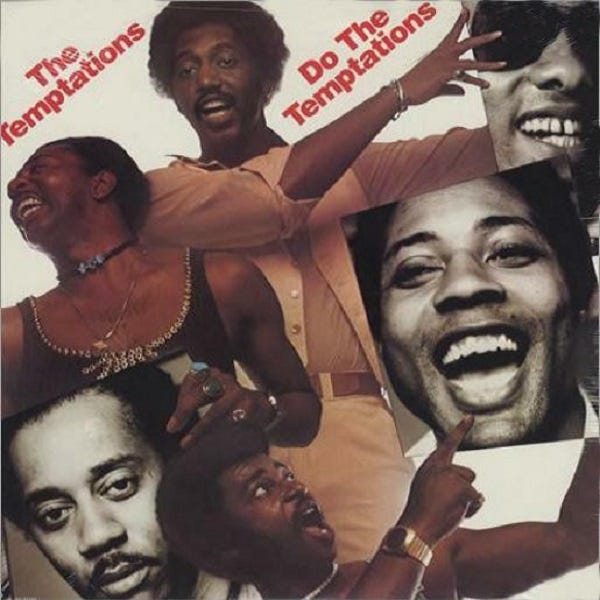
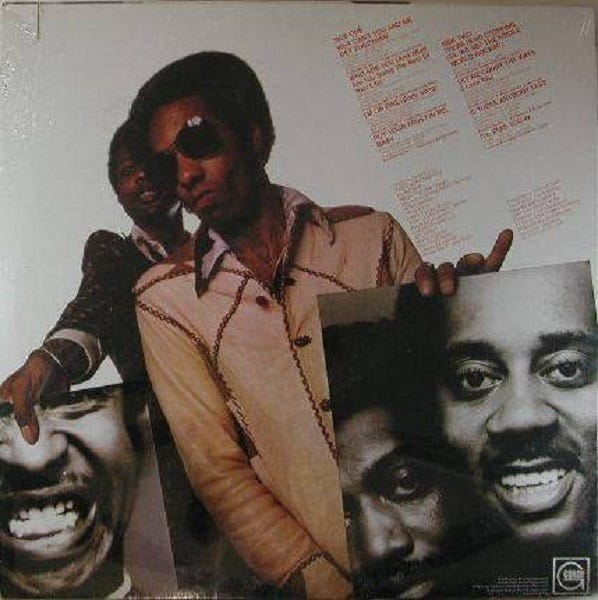
Its opening cut “Why Can't You And Me Get Together” was the album’s highlight, a stellar jam whose lyrics brought to life a quintessential 70s love affair (“It seems I see you everywhere I go…at the beach, the show, and even at the disco!”).
The track was co-written by Street, Franklin, Glenn Leonard (who had replaced Damon Harris in 1975), and Otis Williams, along with the group’s then-musical director Benjamin Wright. The Temptations co-produced it along with Michael L. Smith and Suzee Ikeda, who was the first Asian-American artist on Motown before she became a producer and had previously co-produced their 1975 LP A Song For You.
After being let go by Gordy, the group signed with Atlantic, where they spent four years before returning to the Motown fold with their 1980 LP Power. They then stayed with the label for another twenty-four years.
Street’s time with the group came to an end in 1993 after a falling-out with Otis Williams. He missed a show when he was hospitalized to have numerous kidney stones removed, but in his view, all Williams seemed to care about was his absence from the stage.
Post-Temptations, Street performed as a duo with Damon Harris, and was almost finished writing his memoir Ball of Confusion: My Life as a Temptin' Temptation when he died of a pulmonary embolism in a Las Vegas hospital. It was exactly nine days after Harris’ death from prostate cancer. Street’s book was published posthumously in 2014.
Rest in Power, Richard Street.
Further info:
“Richard Street Interview,” by Sharon Davis, SoulAndFunkMusic, 1989.
“Richard Street, Of The Temptations, Has Died,” obituary, NPR, February 28, 2013.
“Richard Street, Temptations Singer, Dies at 70,” obituary, The New York Times, March 1, 2013.
#soul #funk #Motown #Temptations #RichardStreet


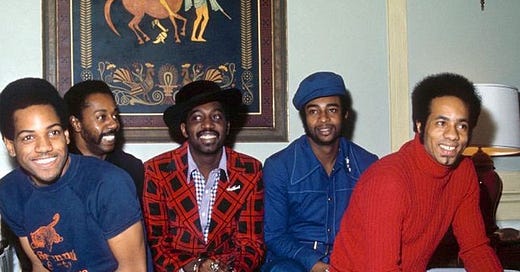

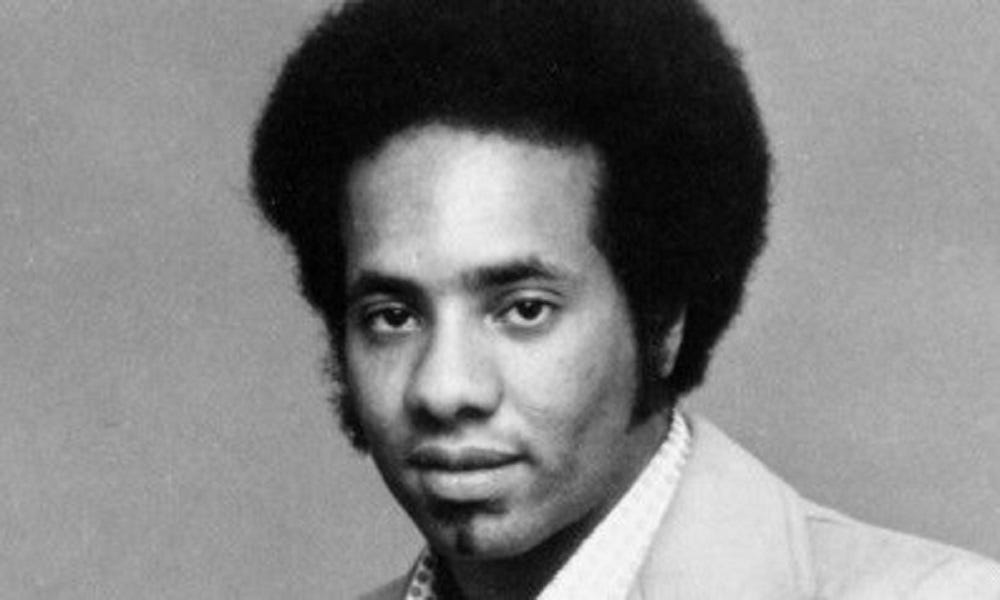

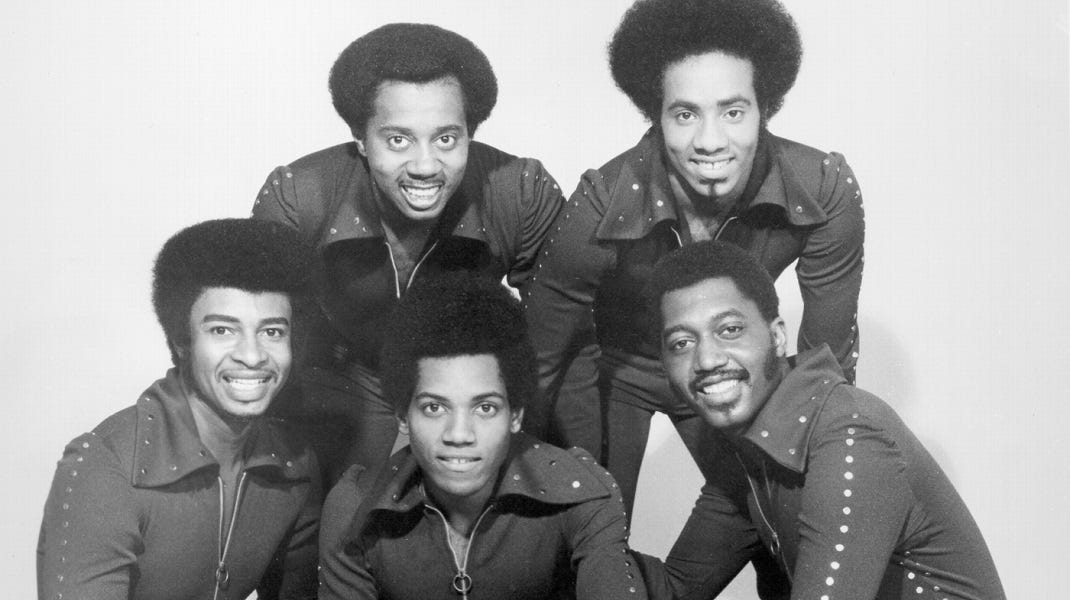

I really do love those Whitfield/Temps albums. I know they grew tired of that collaboration and wanted to move on from Whitfield, and I've also read interviews where the band dismissed some of those albums. But those are the Temptations records that rarely stray far from my turntable. Nice post, as always.
Y’all have introduced me to music I should never have missed out on hearing in my youth. Thanks also for focusing on so many truly obscure songwriters/singers/musicians/music I would have otherwise never known about. My life was enriched all of last year because of your Substack